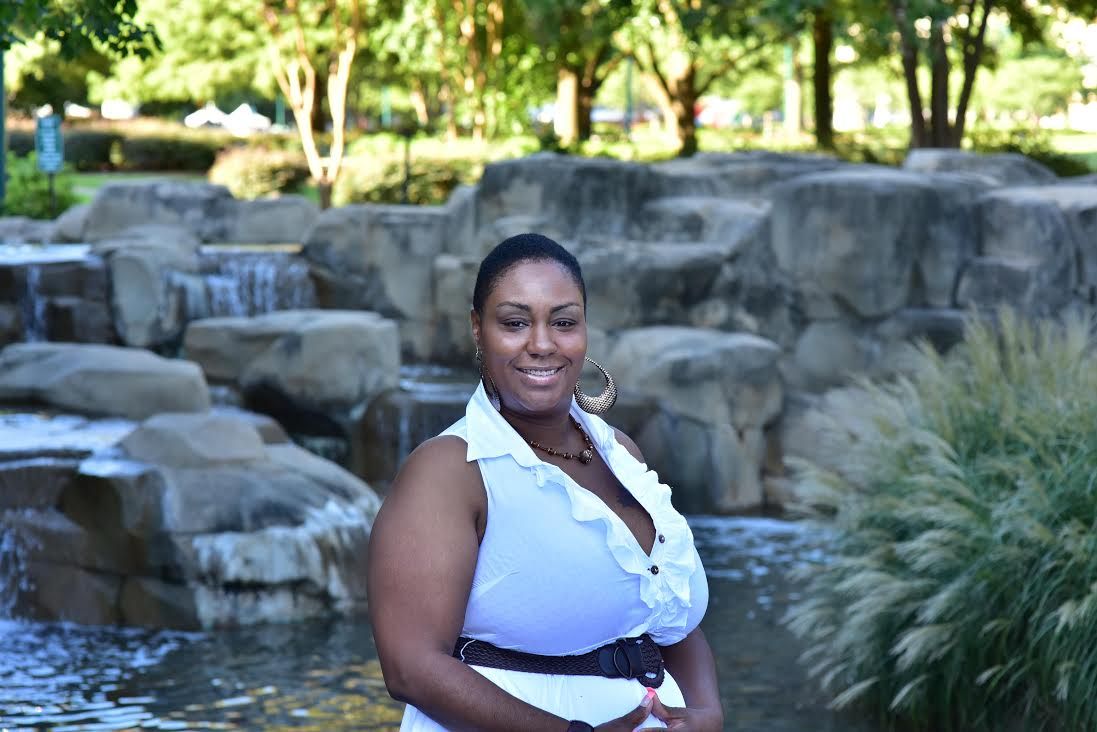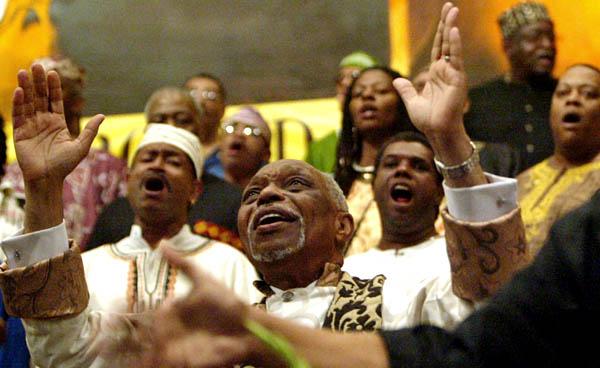
Black Nonbelievers, Inc: Is the African American Community Ready for Atheism?
An overwhelming majority of African Americans self-identify as Christians, putting them ahead of both whites and Latinos. Black Nonbelievers, Inc, aims to revolutionize the community and its deeply entrenched relationship with religion through community-building events like the one here discussed.
By Scott Douglas Jacobsen
Mandisa Thomas is the Founder of Black Nonbelievers, Inc., one of, if not the, largest organizations for African-American or black nonbelievers or atheists in America. The organization is intended to give secular fellowship, provide nurturance and support for nonbelievers, encourage a sense of pride in irreligion, and promote charity in the non-religious community. It is affiliated with the Center for Inquiry, Ex-Muslims of North America, and the Freedom from Religion Foundation, among other associations.
From the page:
“We connect with other Blacks (and allies) who are living free of religion and other beliefs, and might otherwise be shunned by family and friends. Instead of accepting dogma, we seek to determine truth and morality through reason and evidence.”
The organization is currently present in a number of cities through the U.S., including Atlanta, Charlotte, Cincinnati, Dallas, Detroit, Washington D.C., Louisville, Milwaukee, New York, Orlando, and Portland, “[encouraging] people to move from a mindset of faith and belief to reason and rationality.”
Why the need for an atheist organization specific to the African American community?
According to the Pew Research Center, an overwhelming majority of African Americans self-identify as Christians, putting them ahead of both whites and Latinos. Seventy-five percent of black Americans say religion is very important in their lives and are more likely to profess an absolute certainty in their belief for God.

Three in ten African Americans between the ages of 18 and 29 say they are religiously unaffiliated, mirroring larger, national trends towards agnosticism or atheism.
In the words of Mandisa Thomas:
“Critical thinking is at an all time low in the Black community – the proof is in the high drug, disease and pregnancy rates. And with so many churches concentrated there – with millions of dollars collectively flowing through them – there’s really no reason why the notion to look to an invisible entity to solve problems should still exist…
I would like to say that the time to turn around the image of the one dimensional, religious minded African American is NOW. And here at Black Nonbelievers, we are determined to make this a reality.”
In this interview, Scott Douglas Jacobsen explores the organization’s upcoming convention.
Scott Douglas Jacobsen: There is an upcoming convention scheduled after Thanksgiving with presenters from the Black or African American atheist or non-believing community, or allies of said community.
What is the general theme of this event? And why did you consider it important to organize?
Mandisa Thomas: The theme is fun, support, community. The affiliate organizer is a tour and cruise specialist. This is a good way for us to host a larger event and raise funds for the organization.
Also, it provides people the opportunity to do something that they have never done before. It was a good way for us to provide that community and connection while giving people new experiences and the opportunity to travel with a group of like-minded people.
It does incorporate the sense of community that Black Nonbelievers tries to provide as an organization.
Jacobsen: Who will be some of the speakers?
Thomas: Jeremiah Camara is one. He is the producer of the documentary Contradiction and the author of Holy Lockdown and The New Doubting Thomas.
Jacobsen: [Laughing] I like that.
Thomas: [Laughing] We have Candace Gorham, who is the author of The Ebony Exodus Project. We have Monette Richards from Secular Woman. We have Larry Decker from the Secular Coalition for America.
We have Detryck von Doom, who is with the Louisville chapter of The Satanic Temple . We have a number of people, but those are our main speakers there.
Jacobsen: What topics do you consider will be some of the highlights of this 5-day event?
Thomas: Jeremiah will be discussing the new documentary Holy Hierarchy: The Religious Roots of Racism in America. We will also be emphasizing the importance of being a good ally to people of color and women.
Black Nonbelievers is a member organization for Secular Coalition for America. We will be expounding on the work that Secular Woman as an organization accomplishes.
Many of the women involved in Black Nonbelievers, myself included, will be highlighting the work of women as well as other people of color. We will also be bringing attention to the authors, activists, and other talent coming from the black atheist community.
Jacobsen: What are some ways for allies to achieve better engagement?
Thomas: Healthier engagement is listening. I do not know how many times I have said that. Listen, listen, listen, to the people doing the work, what the problems are, what the issues are.
Donation also helps tremendously. Make sure that if you know anyone who is looking for a resource, you can point to us as a valuable resource. It can go towards community-building and connection efforts. A good ally should know how to listen, know when to offer input, and when not to, and also when to play a supporting role when they need you.
Jacobsen: Is this going to be an annual event following forward?
Thomas: Yes, the first event had about 36 people. The ship holds about 2,000 people [Laughing]. But yes, it was a very, very good event. We are hoping to make this annual. Also, it is important to note that people can still sign up.
Even though the deadline for the deposit has passed, it is still possible to sign up. You would just have to make a larger payment now than before.
Jacobsen: Any final thoughts based on the conversation today?
Thomas: Yes, we will be looking forward to it again. We sail out of Miami. We will go to the Dominican Republic and elsewhere. It can be an overwhelming experience, but, please, look at our website for more information on the speakers as well as the excursions and the points of destination and get ready to have a good time with us.
Jacobsen: Thank you for the opportunity and your time, Mandisa.
Thomas: Thank you.